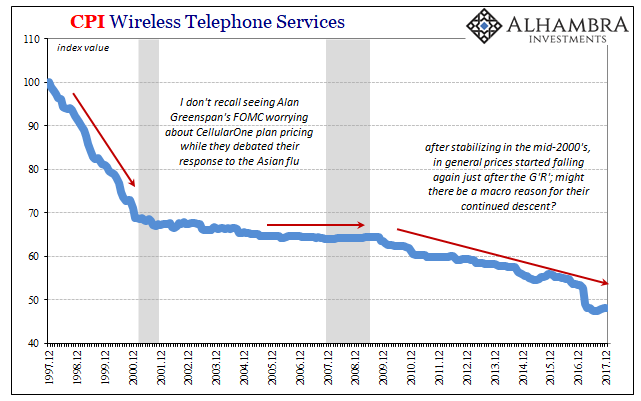Richard Cobden was renowned for his role in the Anti-Corn Law League, campaigning against import tariffs. He was also a champion of the idea that peace would be strengthened by more individual business contacts across national borders.
I think it’s fair to say that Cobden would support the European Commission’s plan to scrap trade barriers between the European Union and the Ukraine announced last week. The Ukraine is not threatening war against any European Union countries and such boost to trade as will happen between now and September would tend to help peace and democracy in the region.
But surely it would be counter-productive to re-introduce barriers to trade with the Ukraine when the six months are up? And couldn’t similar arrangements be offered to Russia if its government decided to stop its own mercantile approach?




Hopefully the European Union will not impose its regulations on people in the Ukraine as the price for “free trade”. For if it is imposes its (ever increasing) regulations, this will not be free trade at all.
Interestingly the E.U. does not just impose its regulations on good sold to people in other E.U. countries – at least in the case of Britain regulations (the vast majority of new regulations in the U.K. for many years) are imposed on goods produced for export to people OUTSIDE the E.U., and even on goods produced for domestic consumption in Britain itself.
A large company may be able to withstand the administrative and other costs imposed by EU regulations – small business enterprises can not.
See the works of Christopher Booker and Richard North on these economic matters.
Free trade agreements were the ‘bait’ for countries to join the ‘Europe’, a place.
The ‘switch’ was incrementally merging the members into a political Union, harmonising taxes and laws ensuring there was no escape from its predictable failure & power without limit and ceding of powers to unelected bureaucrats operating out of the ‘failed’ state of Belgium, of all places!
Nation States, sub-divided into regions (counties, cantons), sub-divided again into local councils with 75% of taxes, set, collected and spent locally would have been the optimum guarantor of wealth, freedom & liberty for all, hence the polar opposite has happened and now people are waking up from their socialised slumbers and utopian doping.
I hope this gentleman does not think that the EU is in any way ‘democratic’-as has been said it would not be admitted to the EU itself.